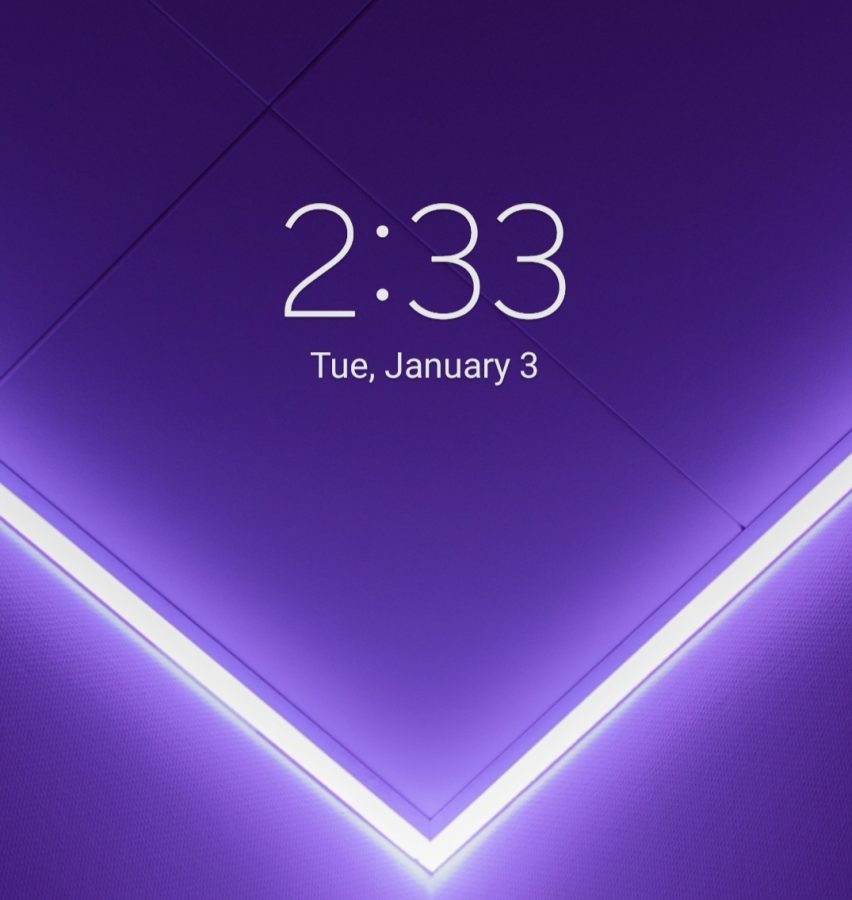Which Time Change Should Stick, and Which Should We Kick?
January 10, 2023
That dreaded time of the year when we must “spring forward” is creeping up once again. Last year there was talk about getting rid of daylight savings altogether, but it hasn’t been made official quite yet.
On March 15, 2022, the US Senate passed the “Sunshine Protection Act” which would make daylight savings time permanent in 2023. The House of Representatives has yet to sign the bill and pass it to President Joseph Biden to approve.
If this bill were to go through as-is, we would end the time tradition while in daylight savings time, meaning we would change our clocks forward one last time and it would stay that way. However, some sleep experts believe it would be more beneficial to wait until Nov. to “fall back” into standard time, which would be better for sleeping habits.
In Oct. 2020, the Journal of Clinical Sleep Medicine released a statement that said the standard time, as opposed to daylight savings time, is more closely associated with humans’ circadian rhythm. Not only were these experts against switching back and forth each year but took a firm stance that we should stick to standard time overall.
The concept of changing the clocks can get confusing fast. It is hard to think about which time would be easier and which would make our days drearier. The point of moving our clocks was originally to save daylight hours, although there are many contradicting theories on who officially started it.
If the US government does eventually pass the Sunshine Protection Act, the question would be: which time should we stop in? If we do as the bill says and freeze daylight savings time (after we spring forward) making it so when the sun comes up, it is technically an hour later. This means it is more likely to be dark when we wake up, but the sun sets later.
If we were to freeze in standard time (after we fall back) it would be lighter earlier in the morning, but get darker earlier in the evening, meaning we are more likely to be eating dinner in the dark. Of course, as time goes on the sun naturally rises and sets further apart, which is why summer days are longer than winter. But which one is better to have permanently?
Everyone will have their own opinion on this, as early risers may want it to be lighter earlier in the morning when possible (standard time). For me, I am not a natural morning person, meaning I would honestly rather have the sun out later in the day (daylight savings time) so I can experience as much sunlight as possible without having to get up early to see it.
When you look at it from this perspective, all people will have differing opinions. Which time would you want to be in forever?




























